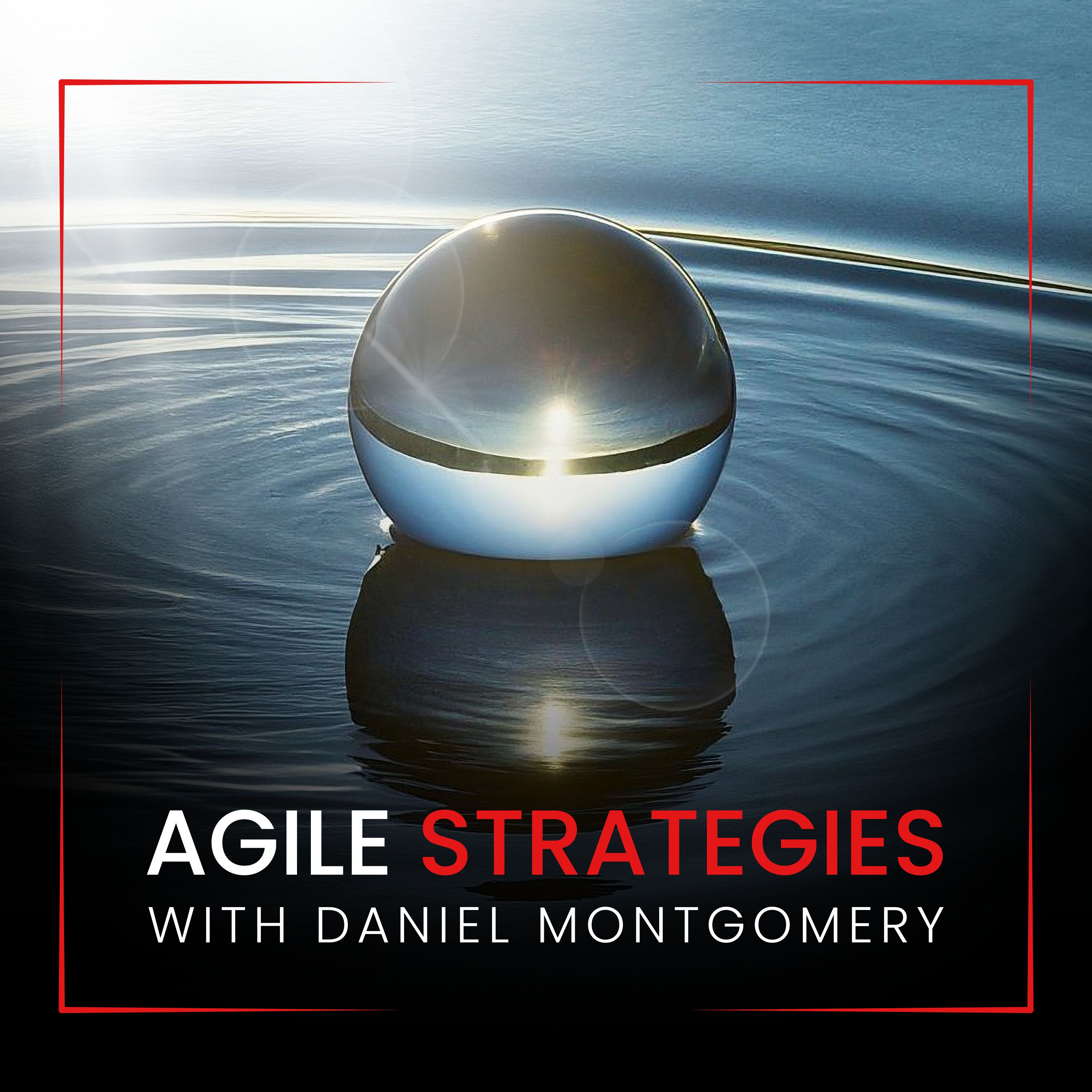Christina Wodtke: Surprise! OKRs aren't for everybody!
Description
In this conversation with OKR pioneer and best-selling author Christina Wodtke, we suspect that OKRs are in fact being overused. It's best to have very few OKRs that focus the whole organization on giant efforts. Instead, what's happening in many cases is that there's a feeling that every function, and sometimes every person, needs OKRs in order to align with strategy and feel like "one of the cool kids." To do that is to miss the arguably greater importance of "business as usual," what Christina calls "heartbeat work." Also, we talk about the inseparability of team climate for OKR success, and the importance of effective feedback and performance coaching. As Christina says, "Most problems are people problems."
More Episodes
When it comes to succeeding with OKRs, I've noticed a big difference between leadership teams that are truly teams, and those that are a collection of smart individuals. One B-corp I worked with did an outstanding job of working through conflict and continuously evolving their OKRs to focus on...
Published 10/02/24
Published 10/01/24
The tendency most people have is to cascade OKRs down an organization chart. Functional teams can certainly benefit from OKRs, but the greatest potential value lies in orienting people and OKRs towards customer-facing goals and products. Cansel (pronounced djan-sell) has developed a way to...
Published 09/24/24


